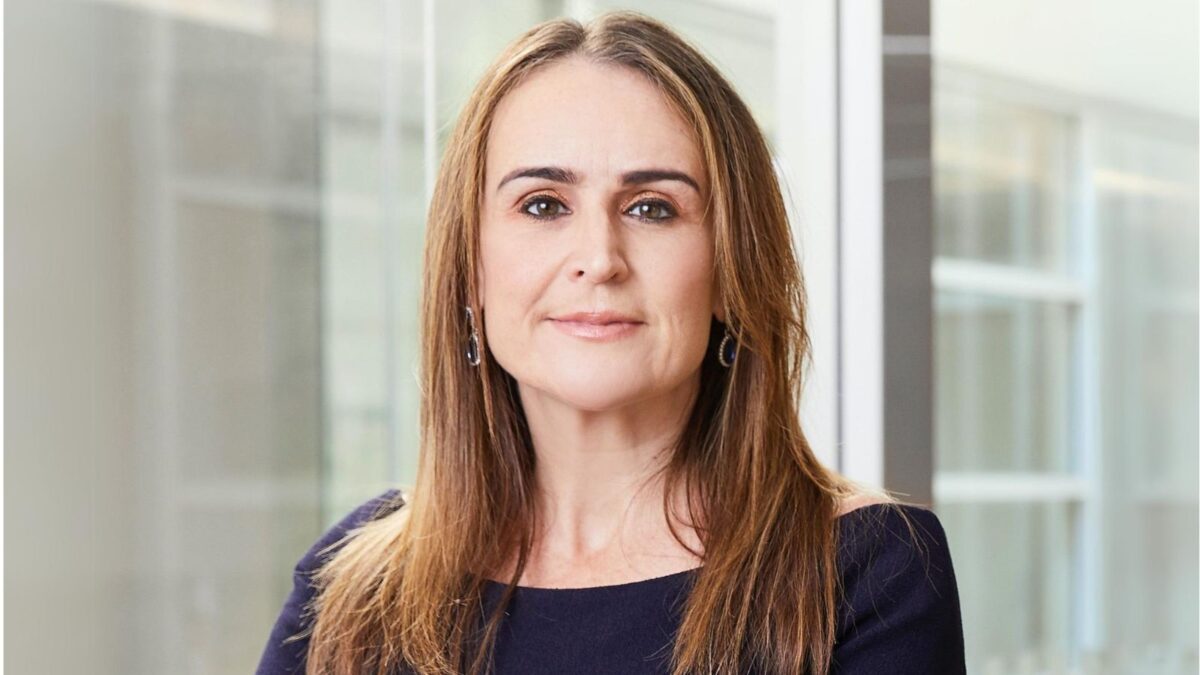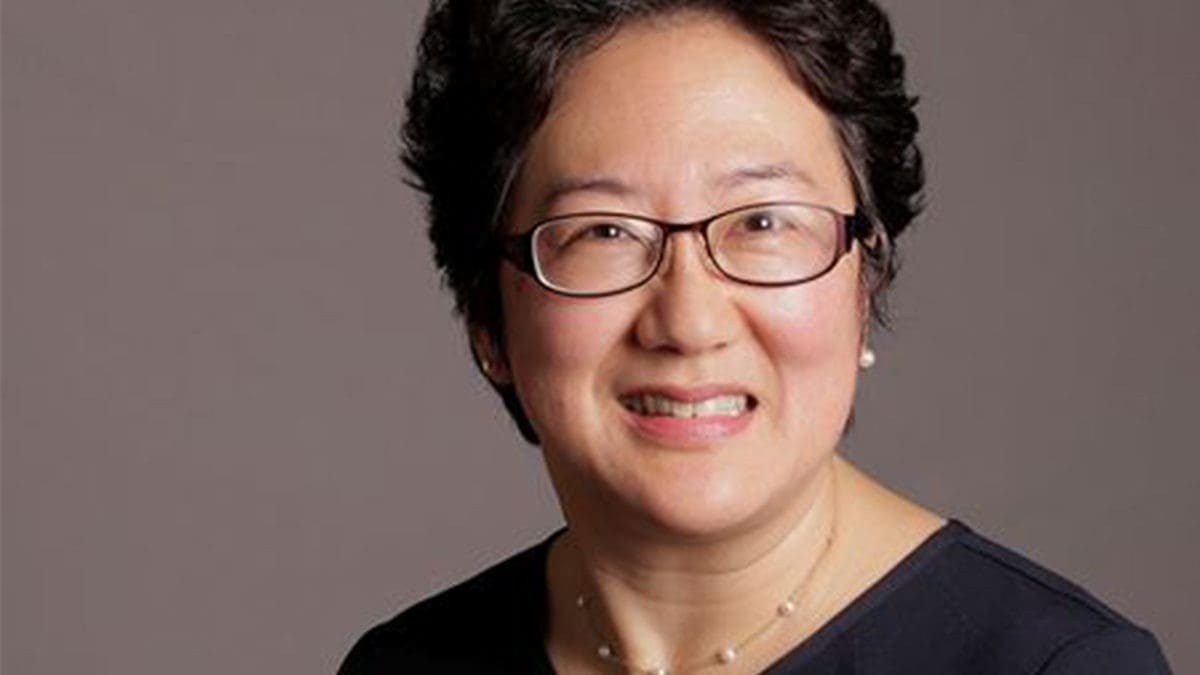The power of dividends in emerging markets
Even for long-term institutional investors there lingers a scepticism about emerging markets in general and the dominant position China plays in the current make-up of commonly used indices.
Alison Shimada (photo above), the lead portfolio manager for the ‘Total Emerging Markets’ of Allspring Global, the manager formerly known as Wells Fargo Asset Management prior to the sell-down of the holding of the founding US bank early last year, says that dividend yield accounts for about 50 per cent of the return for an EM portfolio.
“People don’t realise that,” she said on a visit to Australia from San Francisco late last month (May 24-27). She has been a frequent visitor here and to New Zealand over the years, having worked at the firm since 2003 and previously running the Wells Fargo Pan Asia fund until 2018.
China constitutes 30.57 per cent of the MSCI emerging markets index (at April 29, 2022) and only 3.47 per cent of the MSCI ACWI. By contrast, the US constitutes 60 per cent of the MSCI ACWI.
Shimada said: “I really do think there should be a place for a dividend-focused emerging markets strategy in an institutional portfolio, especially alongside more popular high-beta growth managers.
“The difference with a dividend approach is that your portfolio is more resilient, is less volatile, offers better protection on the downside and yet has been proven to add significant value over the medium-to-long term. For us, it’s been almost 700bps of alpha per annum over the past 10 years.”
However, with a growth manager, she says, the short-term volatility can shake you out of your holding. Her team’s approach allows you to stay with the asset class.
“I don’t think at this point [EM] are overvalued. They’re certainly not when compared with the US,” she said.
Of the 1,330 companies in the MSCI EM index, Allspring holds about 100, of which 87 per cent (by asset weight) pay dividends. The dividend payouts are generally between 20-50 per cent of earnings.
A dividend-paying strategy like Allspring’s will provide a yield of about 3-4 per cent versus the benchmark yield of 3 per cent, and a forward yield of 4-5 per cent.
“Dividends are a good forward indicator,” Shimada said. “Those companies also tend towards quality (style) and have good governance. The issue is not the dividend per se. It’s the characteristics that are reflected by the companies that pay them.”
While new economy stocks tend to see themselves as growth orientated, it is possible to build a portfolio which includes them along with dividend-paying quality-orientated stocks. In Allspring’s EM portfolios there is roughly an equal weighting in I.T. stocks, including electric vehicles, components, semi-conductors and solar companies.
“This type of portfolio performs very well in negative range-bound and lower-growth markets,” Shimada said. “We see value in emerging markets, especially compared with developed markets, and in this environment it’s best accessed by active managers with proven teams and deep experience.”











